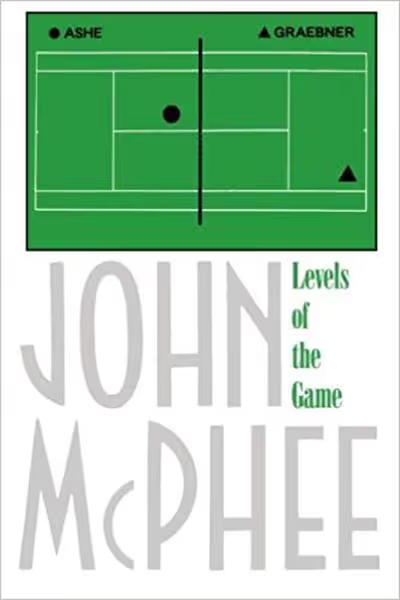How Adam Smith Can Change Your Life
Unexpected linkages between happiness, virtue, fame, and money are revealed in a neglected work by one of history's greatest philosophers.
After writing his most renowned work, The Wealth of Nations, Adam Smith may have become the patron saint of capitalism. Few people realise, however, that the Scottish philosopher had just as much to say about individual behavior—the way we view ourselves, behave others, and make decisions in search of pleasure. In an enormous, expansive treatise titled The Theory of Moral Sentiments, he explored his thoughts on human nature.
Most economists have never read it, and Russ Roberts was no exception for most of his life. But when he eventually picked up the book by his field's originator, he realized he'd stumbled onto what may be the greatest self-help book that nearly no one has ever read.
Roberts investigates Smith's neglected classic, How Adam Smith Can Change Your Life, and discovers a treasure trove of ageless, practical advice. Smith's observations on human nature are as important now as they were three centuries ago. What does true happiness entail? Should we aim for celebrity and money or for the esteem of our friends and family? What can we do to improve the world? Smith's surprising responses, set against the backdrop of current events, literature, history, and pop culture, are insightful, paradoxical, and very amusing.
Roberts gives us an excellent look at human behavior through the perspective of one of history's greatest brains by reviving Smith's lost masterpiece.
The Universe is full of dots. Connect the right ones and you can draw anything. The important question is not whether the dots you picked are really there, but why you chose to ignore all the others.






















































